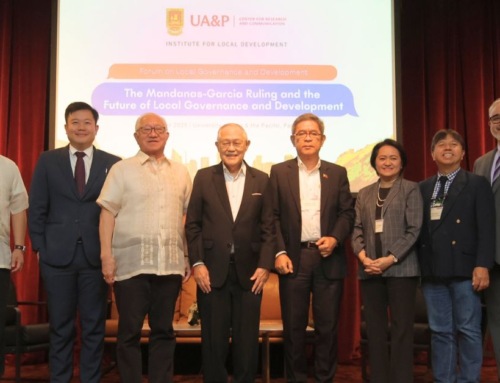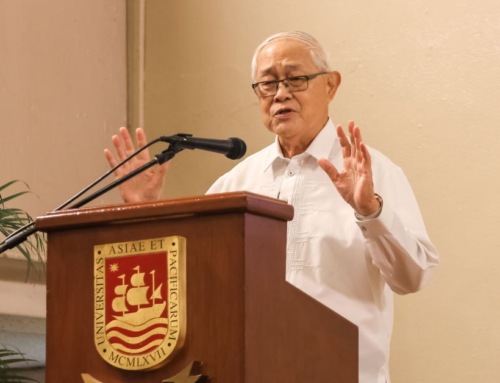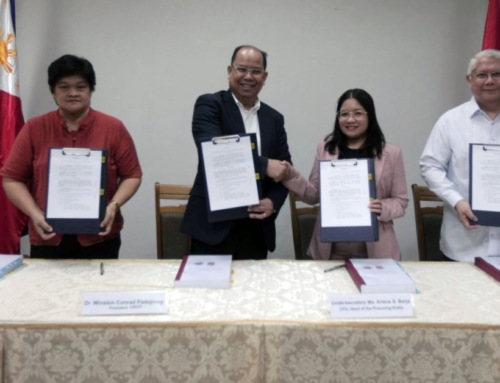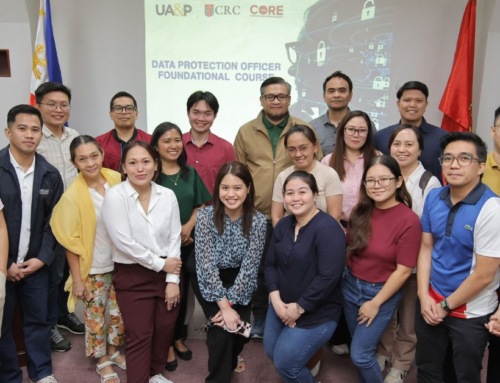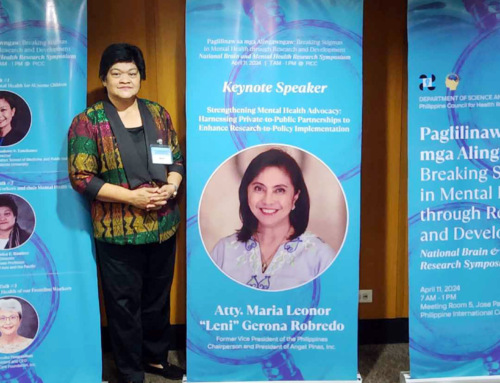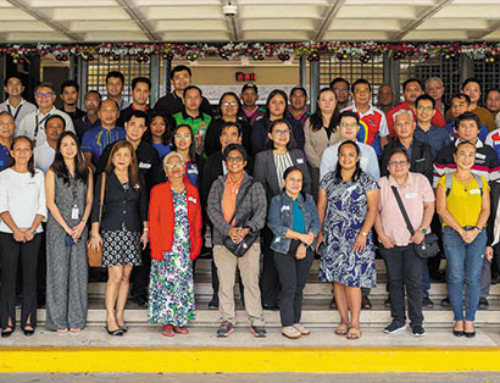This post was recovered from an article posted on 2013-10-11 07:03:21
[ Photo: crcarch201310110703a]
The University of Asia and the Pacific (UA&P) undertakes research and studies in cooperative development through its Social Entrepreneurship research program. Aside from conferences and symposia, UA&P is currently working on publications and planning for a Certificate Program on Cooperative Development. The University believes that economics and business, without losing their predominant focus on getting the maximum material benefits from the utilization of the relatively scarce resources of society, can always be instruments for attaining societal goals such as the alleviation of poverty, the greening of the environment, the nurturing of stable marriages and families, through family-friendly social and corporate policies, and the promotion of civic virtues. Last year, on September 25, 2012, the Center for Research and Communication (CRC) of UA&P organized the first Philippine Workers Cooperative Conference. The topic was “Workers Cooperatives as a Vital Partner Towards Poverty Alleviation and Socio-economic Development.” Together with its partners, Asiapro Cooperative, Co-opWorks and the Cooperative Development Authority (CDA), and participants from many cooperatives from around the country, the conference looked into cooperative policies, industry best practices, the role of cooperatives in socio-economic development, and the assistance of business schools in giving investment training for managers of cooperatives.
This year, CRC held another conference under its Social Entrepreneurship research program entitled, “Cooperatives: A Vehicle for Inclusive Growth towards Integral Human Development.” Hosted by Mr. Bien Nito, the conference presented the recently completed CRC research for the Global Development Network on health, water, and education, which was delivered by Dr. Cid Terosa of the UA&P School of Economics. Other speakers also explored and examined possibilities for partnership in electricity and housing, and how social enterprises and cooperative federations can work together to promote inclusive growth. The two-day conference, from October 17 to 18, 2013 at the University of Asia and the Pacific, was organized by CRC and its partners Asiapro Cooperative, Co-opWorks, San Dionisio Credit Cooperative, CDA, and Coop-NATCCO Party List. Dr. Anthony Jensen from the University of Sydney was invited by UA&P to be a resource speaker. With his expertise on employee ownership, Dr. Jensen’s lecture focused on Employee Ownership and Cooperatives in Australia, Italy, and the United Kingdom. He also actively shared his insights with the participants in the Open Forums. Dr. Emmanuel Santiaguel, Chairman of CDA, gave the Keynote Message where he discussed how CDA now focuses on improving leadership capability among CDA’s external and internal clients. He also described the CDA’s improved regulatory methods, financial and social audits of cooperatives, training of personnel in explaining the Cooperative Code, and the regular inspection of cooperatives for compliance to the Cooperative Code. Dr. Bernardo M. Villegas, CRC Director for Research, delivered a lecture on social entrepreneurship and inclusive growth. He said we have to remind our leaders that human development is not Economics alone, but also entails a great concern for the common good, and a social-juridical order which enables every single member of society to attain fullness of development economically, politically, culturally, socially, and spiritually. He also stated his hope that the Basic Education K to 12 Curriculum will give cooperatives a place in technical-vocational training for Grades 11 and 12, so that the graduates can be employable without pursuing a college degree. This will address the need for skilled blue-collar workers. “I hope the cooperative sector will be proactive in education, especially the worker cooperatives, to identify skills that are greatest in demand. I hope you can team up with the high schools and provide the needed curriculum.” The conference also presented speakers who discussed the state of five areas of human development. Dr. Cesar Villamayor of the Medical Mission Group gave a presentation on health; Congressman Edgardo Masongsong of 1-Care Party List, on electricity; Dr. Edel Carag of the DepEd Bureau of Alternative Learning System, on education; Undersecretary Francisco Fernandez of the DILG Urban Poor, Informal Settler Families and other Special Concerns Office, on socialized housing; and Ms. Fe Criscilla Banluta of the DILG Water and Sanitation Office, on water. The Open Forums allowed participants to raise questions and express their views on issues and concerns pertaining to the topics, and to explore how health, water, education, socialized housing and electricity can be integrated effectively into cooperative work. The conference ended with a Call to Action by Congressman Cresente Paez of Coop-NATCCO Party List. Through this conference, it has been the goal of the University to provide a venue for reasoned conversation among policy makers, industry decision makers, government leaders, and in particular the members of cooperatives, who have endeavored for many years toward employee ownership and continue to work actively towards empowerment of Filipino entrepreneurs and workers. They are at the forefront of social entrepreneurship and cooperatives. Most importantly, CRC-UA&P looks at how these initiatives, which mostly concern the physical and economic aspects of the person, can contribute to integral human development. It is the dream of UA&P to combine management and business acumen with making a difference in the lives Filipinos, and of the peoples within the region. It is for this reason that the University of Asia and the Pacific has included social entrepreneurship in its University Research Agenda which aims to further integral human development.
#Text by Dr. Veronica Ramirez

